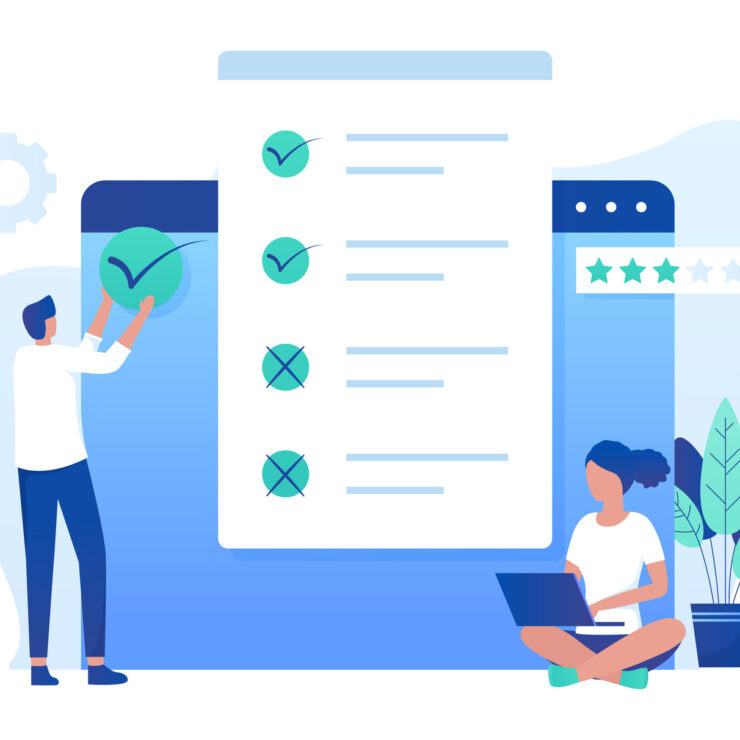Change is inevitable, and SEO is no exception. Forbes predicts that in five years, almost everyone will use a search engine when looking for services and products online. Some might say it’s already true. If your listing isn’t near the top of search results now, it’s critical to conquer your weaknesses with a New Year’s resolution to climb the ranks. Things have changed quite a bit since the era of keyword stuffing and back linking.
Make Content Relevant
High-quality, user-relevant content with a substantive word count overrides keywords tucked into weak content. Resolve to meet this new standard with well-written articles that are highly relevant to your target audience. Moz recommends imagining how your customers would converse with each other: A semantic study of their speech would reveal characteristic terms and phrases. For example, two 45-year-old women would discuss jewelry in a slightly different way than two 14-year-old girls. Study the linguistic style of your customers to use their word choices and conversational style in your text.
Strong Social Presence
Videos, podcasts and other forms of media also strengthen the quality of content. Use your social network to link to these assets, because user engagement is another element that helps raise your search engine rank. Yes, it’s a lot of work to maintain a strong social media presence across multiple networks, but tools like Hootsuite could alleviate some of the strain. Use it not only to discover content related to your business, but also to schedule Facebook posts, tweets, and advertisements weeks in advance.
Other Helpful Tools & Tips
In 2017, use Google Webmaster Tools, Google Analytics and Moz.
- With Google Webmaster Tools, you’ll get a graphical sense of how Google views your site. The number of crawl errors (pages that can’t be processed in a search), backlinks, malware instances and HTML errors are easily trackable. Webmaster Tools also displays the keywords your visitors used when arriving to your site, which is helpful information to use when establishing your semantics.
- Google Analytics, which also provides keyword search terms, is more of a real time “report card” showing the number of visitors, time spent, pages viewed and conversion rates.
- Add Moz to your toolbox to supplement information you get from Google and use it to pinpoint issues affecting your SEO performance, such as pages that can’t be crawled or broken links. Set up weekly reports and instant notifications that help you solve problems as they arise.
With a new commitment to SEO in 2017, your business is bound to reap the benefits of higher search engine rankings.





